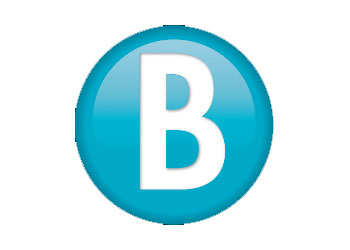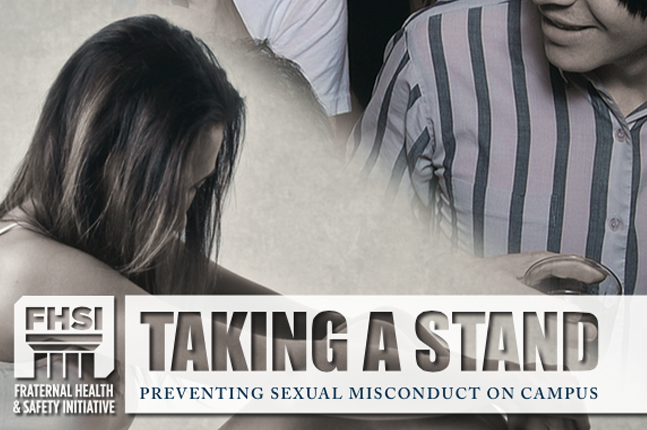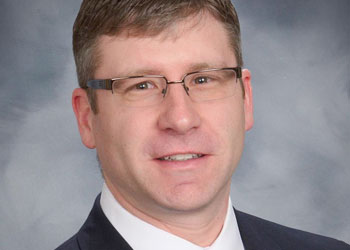By Andrea Zelinko, MS
Standing among others at the international arrival gates, I waited for a friend to arrive from abroad. I noticed a TSA agent walk a gentleman over to the chairs in the waiting area, where he was told a wheelchair would be there for him shortly. Over the next 30 minutes, I witnessed a simple but measurable act of kindness and social responsibility.
The gentleman was thin and walked gingerly. He appeared peaked and pale but determined. A couple nearby, waiting for their daughter, also observed the gentleman. After about 15 minutes, the father approached the gentleman and asked when his flight was departing. A brief consultation revealed the gentleman’s flight departed in 30 minutes. For some reason, he was wheeled out of the secured area and left to await another wheelchair to take him to the ticketing counter.
It was no one’s job to check for this gentleman’s departure time, make sure he made his flight, or arrived at the correct gate inside the terminal. It was no one’s job to check on him or to call again for the wheelchair.
The father waiting for his daughter to arrive from abroad took the initiative. He asked if he could escort the gentleman to the ticket counter.
I do not know how long this gentleman would have sat in that chair and I do not know if anyone else would have taken action. We all stood there watching, as bystanders. Only one person took the initiative to step up and take action.
Each October, we ask student leaders to address alcohol abuse during National Collegiate Alcohol Awareness Week (NCAAW), held annually the third full week of October. We ask you to educate your peers and hold awareness events to remind students that most of their peers make healthy choices, drink at lower-risk levels (4 or fewer drinks in a sitting for males), and designate a sober driver. We ask you to make a plan for a safe night out and to always designate a sober driver.
In addition to these events, we encourage you to take your programming one extra step. We invite you to be an everyday hero – to raise your voice and be sure those around you stay safe.
The concept of an everyday hero means anyone can take action. There is no need for superpowers, X-ray vision, or large muscles.
Simple actions such as speaking up when someone is leaving with a person they will regret in the morning or stepping up and taking the keys from someone who wants to drive after drinking are ways to be that everyday hero. Actions can include calling for help when you are concerned about someone who is drinking too much, who is insistent on driving after drinking, or who is becoming angry or violent.
However, it is much easier to talk about stepping up and often more difficult to put those words into action.
In 2008, the University of Arizona, in partnership with collegiate entities including the National Collegiate Athletic Association (NCAA) and The BACCHUS Network™, developed an empowered bystander intervention and skill development program. The program explores the reasons people do not intervene in problematic situations and offers the opportunity to learn and practice skills for intervening in the future.
The Step Up! program is centered on the idea that “teaching people about the determinants of prosocial behavior makes them more aware of why they sometimes don’t help. As a result they are more likely to help in the future.”
The program explores the reasons why people are bystanders in situations in which they know (have a “gut feeling”) that something is not right, rather than are empowered to step up and take action.
Researchers identified three variables that influence the likelihood of a person intervening, and the biggest determinant is whether or not there are other people around. Known as the Bystander Effect, people are more likely to help when they are the only bystander than when others are present.
This means that at a party or event, we are less likely to intervene or call for help if someone has been drinking heavily or is passed out.
You can increase your chapter’s confidence and ability to raise its voice and take action by becoming trained in and then training your peers in the five decision-making steps for intervening:
- Notice the event
- Interpret the event as a problem or emergency
- Assume personal responsibility
- Know how to help
- Implement the help
The Step Up! program is available at no charge. You can download the facilitator’s guide, student book, and PowerPoint from their website.
Although the program was designed with a focus on student-athletes, the core content is applicable to any student group. We encourage you to take time this Fall to consider how you can increase the likelihood you and your friends will take action: to pick up a piece of trash, to call for help when someone had too much to drink, or to talk to a friend about his or her drinking, smoking, eating habits, or other health and safety concerns.
As leaders on your campus and within your chapter, we ask you to take on many roles – as an educator of correct information and resources and as a friend who will talk with a peer or brother when concerned. We also ask you to be role models and to be willing to put into practice what you ask and expect of others.
And the next time you or I see someone who seems to have been forgotten, we will walk over and ask him if we can be of assistance. We just might be that everyday hero to him.
Andrea Zelinko is the Director of Alcohol Abuse and Impaired Driving Prevention Initiatives for The BACCHUS Network™ and Coordinator of the Coalition of Colorado Campus Alcohol and Drug Educators (CADE). She has been with BACCHUS for eight years. She also serves as editor for The Peer Educator™, BACCHUS’ bi-monthly publication on current events, trends, and campus happenings in peer education. Andrea joined BACCHUS after completing her Masters in Student Affairs and Higher Education at Colorado State University, where she also advised their peer education group.





